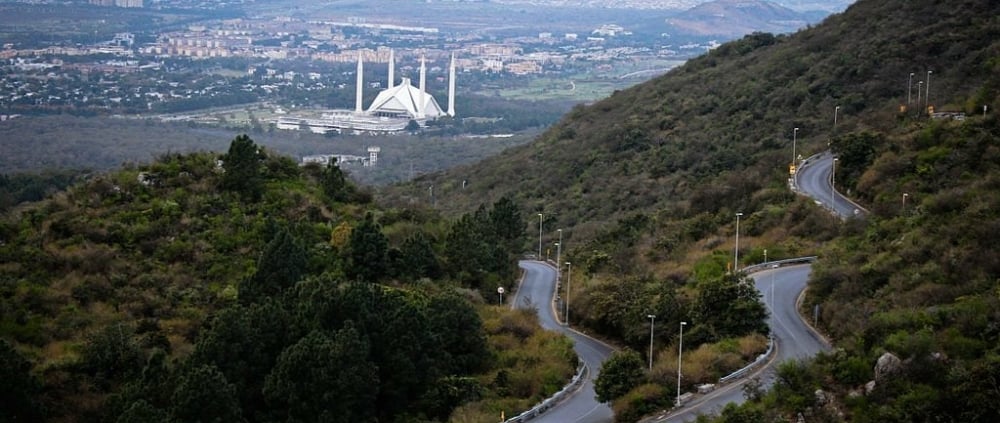Is It Permissible to Perform the Funeral Prayer (Janaza) Within a Mosque?
Hanafi Fiqh
Answered by Ustadh Tabraze Azam
Question: Assalam alaykum
Is it permissible to perform the funeral prayer (janaza) within a mosque?
Answer: Assalamu alaikum wa rahmatullah,
According to the Hanafi School, the general ruling is that it is disliked (makruh) to perform the funeral prayer (janaza) within a mosque.
But there are two possible legal reasons for this dislikedness (karaha): (1) the soiling (talwith) of the mosque, and (2) doing something in the mosque for which it wasn’t built.
Note that the discussions of dislikedness occur only when all things are equal. If there is a genuine excuse for praying in the mosque, such as rain, then praying therein would be permitted without dislike. Moreover, and in the case of Islamic Centres, praying in the area that is considered to be the “mosque,” usually the men’s prayer hall, would take this ruling, contrary to the rest of the complex.
And it is also useful to know that the matter is more expansive in other schools, such as the Shafi`i School, in which there is no dislikedness in praying a funeral prayer in a mosque.
Soiling the Mosque
The dislikedness here would be due to the reasonably high possibility of filth exiting from the body of the deceased and onto the mosque area. If there is a genuine fear of this happening, praying therein would be prohibitively disliked (makruh tahriman).
But in the case that the mosque is (a) unlikely to be soiled, or (b) there is simply a fear that it may happen, without reasonable surety, the dislikedness would no longer remain. A narration from Abu Yusuf also complements this explanation. An example of this would be if the body is brought into the mosque within a coffin.
Similarly, if the body is placed outside the mosque area, and the funeral prayer is held within it, this would be fine.
Praying in the Mosque
The basis is that the mosque is built for the obligatory prayers, and secondarily, for voluntary prayers, and gatherings of knowledge (`ilm) and remembrance (dhikr).
Further, the Messenger of Allah (Allah bless him and give him peace) said, “Whoever performs a funeral prayer (janaza) in the mosque has no reward.” [Abu Dawud]
Hence, the general ruling is that praying in the mosque would be slightly disliked (makruh tanzihan) as it entails doing something contrary to what the mosque was built for.
Thereafter, there are two positions:
(i) it is disliked whether or not the body is in the mosque, and regardless of whether the imam is praying beside it [outside the mosque] or not; and
(ii) it is disliked when the body, imam and entire congregation is inside the mosque, and not, if otherwise [namely, if the imam and some of the congregants are outside the mosque with the body.]
As for what is suitable in a given context, it would return to whatever a community deems appropriate for their situation, in accordance with the guidance of local scholars.
[Shurunbulali, Maraqi al-Falah with Tahtawi’s Gloss (2.239-241); Lacknawi, Naf` al-Mufti wa al-Sa’il (503-505); Ibn `Abidin, Radd al-Muhtar `ala al-Durr al-Mukhtar (1.593-594)]
Please also see: Performing the Funeral Prayer for Someone Who Committed Suicide and: Is the Funeral Prayer On One Who Is Absent (Janazat ul-Ghaib) Valid? and: How Many Salams Should I Perform at the End of the Funeral Prayer? and: Is the Supplication at the End of the Funeral Prayer Obligatory? and: Is It Permissible to Fly the Dead Body of a Recently Deceased Family Member for Burial Overseas?
And Allah Most High alone knows best.
wassalam,
[Ustadh] Tabraze Azam
Checked and Approved by Shaykh Faraz Rabbani
Ustadh Tabraze Azam was born and raised in Ipswich, England, a quiet town close to the east coast of England. His journey for seeking sacred knowledge began when he privately memorized the entire Qur’an in his hometown at the age of 16. He also had his first experience in leading the tarawih (nightly-Ramadan) prayers at his local mosque. Year after year he would continue this unique return to reciting the entire Quran in one blessed month both in his homeland, the UK, and also in the blessed lands of Shaam, where he now lives, studies and teaches.
